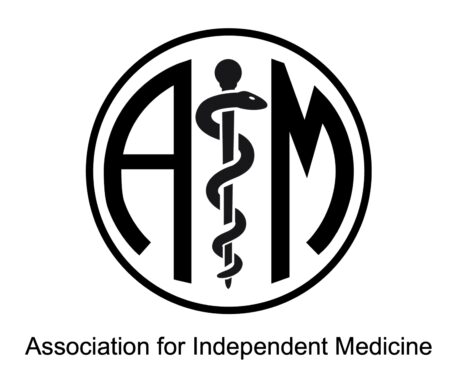Chicago Health is committed to publishing a diversity of opinions. The opinions expressed in this op-ed article are the author’s own.
The healthcare landscape these days is vastly different than in years past, with physician shortages across numerous specialties making recruiting and retaining partners more important than ever.
Complicating the landscape, private equity companies are buying up independent groups and following a “churn and burn” strategy where they manage the groups for a few years and sell them off for a profit, leaving physicians at the mercy of the next highest bidder. To combat these issues — or prepare for potentially facing these issues — independent groups must be prepared internally to present their value to hospitals, surgery centers, third-party payers like insurance carriers, and other facilities before a contract discussion even takes place.
Follow and regularly re-evaluate the steps below to help an independent group secure a new or extended contract with facilities and remain independent and in charge of its future.
Know your value. Value comes in numerous forms, but both hard data and the intangible values are important when preparing for contract negotiation. The numbers will highlight the group’s efficiency, physician caseload, financials, and so on, while the intangibles like a group’s longevity, stability, and relationship with a current facility can help further a negotiation since the group is already known and trusted.
Define the mission. Leadership should routinely determine and evaluate the group’s mission, vision, and values to ensure any decisions tie back to those goals. It’s also important to determine a negotiating facility’s goals to get a sense of its end goal and prepare for where sticking points might arise. The adversary’s goals are the problems they need solved. Part of a group’s mission should be to solve those problems, thereby showing additional value.
Know what you want out of the negotiation. Be very specific in what you want with each and every negotiation event or encounter. This is an internal discussion to determine what it will cost you to solve an adversary’s problem. If they can’t afford your solve, you can’t solve their problem. Be comfortable saying no and walking away. Everyone must agree to this before a negotiation should proceed.
Survey the market. Know the market’s specifics: Determine what the market’s physician supply is and how your group fits into it. Additionally, what are the current arrangements for providing physician services (i.e. exclusive contracts vs. hybrid group and locums providers), and can your group work within those arrangements?
Communication is key. While group leaders are charged with the business elements of the group, it’s crucial to involve the group members in terms of soliciting input and providing updates on negotiations. Set expectations internally for when the group can expect to hear from leadership, while also setting a timeline with the facility for milestones to ensure discussions continue to move forward.
Reach out for support. Negotiating is tough and a stressful element of owning a business as an independent group. But you don’t have to go it alone. Leverage the professional networks that the group and members belong to, and identify resources that can assist with the above points. The Association for Independent Medicine was founded to provide support to independent physicians and groups. We can connect groups looking to discuss similar situations, best practices, and resources as needed. Visit associationforindependentmedicine.org to learn more about how the organization can assist with negotiations and connect with other independent groups dedicated to remaining as such.
Healthcare may look different than it used to, but with appropriate preparation and networking connections, independent groups can push back on encroaching corporate interests. They can carve out a path that allows physicians to thrive in the marketplace, focusing on physician satisfaction and patient care.













